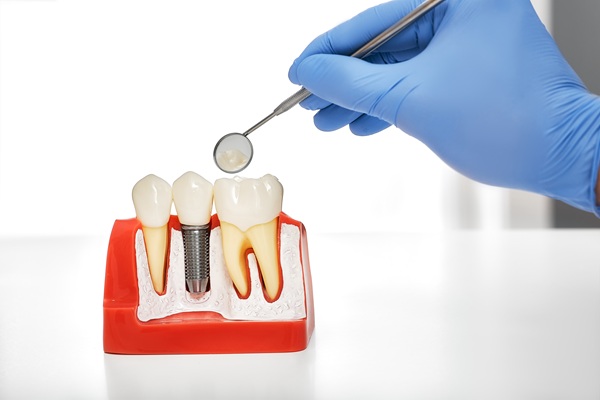Before and After Wisdom Teeth Extraction

By understanding what is to be expected before and after wisdom teeth extraction, patients are able to prepare mentally and physically for the procedure. While there is little that needs to be known about what to do during the procedure itself - since the patient is placed under anesthesia - it is more important for the patient to know how to prepare themselves before the procedure and what to do after the procedure takes place.
For your benefit, the following is everything you need to know about the process before and after wisdom teeth extraction.
Before wisdom teeth are extracted
It is important to properly prepare yourself for the wisdom teeth extraction to ensure that anxiety is kept to a minimum and the procedure goes smoothly. In the event that you feel as if wisdom teeth extraction is in order, be sure to do due diligence and know what to expect upon the first visit to the dentist.
Diagnosis
Upon the first visit to the dentist to see whether or not wisdom teeth extraction is necessary, your dentist is likely to first examine the current growth and whether or not the teeth are coming through in a problematic manner. In most cases, the dentist will conduct an X-ray to determine the positioning of the wisdom teeth. After gathering as much information as possible, the dentist will determine whether or not wisdom teeth extraction is necessary.
Questions to ask
If the dentist recommends an extraction, there is likely to be a lot of unanswered questions about the procedure before the wisdom teeth extraction procedure takes place. Here are the most important questions to ask your dentist:
- How many wisdom teeth need to be removed?
- What anesthetic will be used?
- Are there any risks involved with the procedure?
- How long will it take for me to recover?
- What does the actual procedure consist of?
By receiving answers to these questions, you can calm any nerves that may exist before the actual wisdom tooth extraction.
After wisdom teeth are extracted
It is important to prepare yourself beforehand for the recovery process. As is the case with any surgical procedure, there is likely to be some residual pain following the wisdom teeth extraction. Subsequently, it is important to understand how to manage the pain and what can and cannot be eaten following the extraction.
Pain management
In most instances, over-the-counter pain reliever is enough to keep the pain at a manageable level. In the event that over-the-counter medication is not strong enough, consult with your dentist before using a stronger pain reliever. Also, be sure to get plenty of rest in order to recover as quickly as possible.
Diet
Lastly, the time immediately after wisdom teeth extraction requires a change to your usual diet. Since chewing is likely to become extremely difficult, it is important to stock up on foods you can actually eat, such as soft fruits and vegetables, soft dairy products and plenty of soup. Also, be sure to drink plenty of water in order to avoid dry mouth.
Are you considering wisdom teeth extraction in the Peabody area? Get more information about wisdom teeth at https://www.northside-dentalcare.com.
Recent Posts
Having a broken tooth can be a scary situation. Though teeth are the hardest substance in your body, it is not impossible to fracture them. This condition can cause pain and severe discomfort, and it can make it difficult to eat, talk and be in social situations. When confronted with this issue, your dentist has…
The process involves some recovery time but only takes a day. You'll end up with a painless smile.Wisdom teeth extractions may become necessary when the third molars become impacted. The wisdom teeth can grow at odd angles or into other teeth, causing more pain and needing immediate removal.Wisdom Teeth ExtractionAt Northside Dental Care, PC in…
For patients who have been suffering from a damaged or infected tooth, finally getting the tooth extracted can feel like a relief. However, bleeding after a tooth extraction can be worrisome and inconvenient. Before a patient undergoes a tooth extraction, it can be helpful to know what to expect in terms of bleeding.After a tooth…
Tooth extractions are a last resort but can become a possibility if the damage is too great.While tooth extraction is not our first option for treating infected teeth, it may become necessary in certain situations. Regardless, we will numb the area around the tooth so you will not feel any pain.Tooth ExtractionAt Northside Dental Care,…


